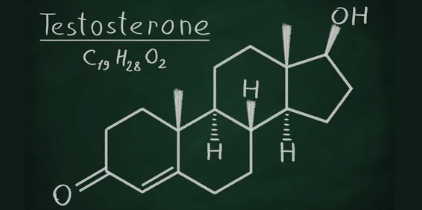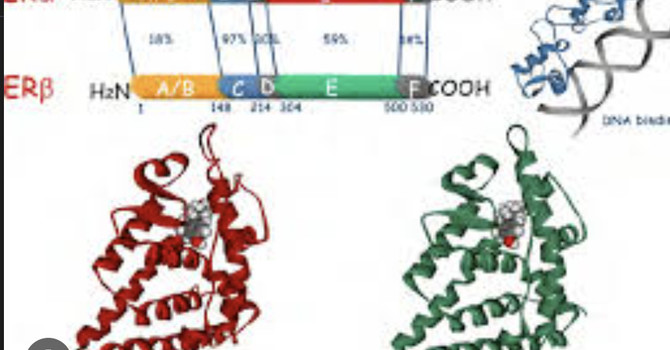
Testosterone, often mislabeled as a "male hormone," plays a crucial role in women's health. Despite common misconceptions, women produce more testosterone than estrogen, and it is essential for various physiological functions. This article explores the benefits of testosterone therapy for menopausal women, focusing on its effects on sexual function, mood, energy levels, and bone health. Additionally, it discusses the available formulations and the advantages of using topical testosterone in clinical practice.
Benefits of Testosterone Therapy
1. Sexual Function
One of the most well-documented benefits of testosterone therapy in menopausal women is its positive impact on sexual function. Studies have shown that testosterone supplementation can significantly improve sexual desire, arousal, pleasure, and orgasm frequency1 2 3 This is particularly beneficial for women experiencing hypoactive sexual desire disorder (HSDD), a common issue during menopause.
2. Mood and Cognitive Function
Testosterone also plays a vital role in regulating mood and cognitive function. Low levels of testosterone have been associated with symptoms such as depression, anxiety, and cognitive decline. Supplementation can help improve mood, concentration, motivation, and overall mental clarity2 4. This can lead to a better quality of life and improved mental health for menopausal women.
3. Energy Levels and Muscle Mass
Fatigue and decreased energy levels are common complaints among menopausal women. Testosterone therapy has been shown to enhance energy levels and reduce feelings of fatigue 4 5. Additionally, testosterone helps maintain muscle mass and strength, which can decline with age and hormonal changes. Improved muscle mass not only enhances physical strength but also contributes to better metabolic health.
4. Bone Health
Bone density tends to decrease during menopause, increasing the risk of osteoporosis and fractures. Testosterone plays a crucial role in maintaining bone density. Studies have indicated that testosterone therapy can improve bone mineral density, thereby reducing the risk of osteoporosis and related fractures4 6 7.
Available Formulations and Clinical Practice
Currently, there are no FDA-approved testosterone formulations specifically for women in the United States. However, various forms such as creams, gels, pellets, and oils are available and used off-label.8 9 In my clinical practice, I prefer using topical testosterone due to its flexibility in dosing and ease of titration.
Advantages of Topical Testosterone
Topical testosterone allows for precise dose adjustments, which is crucial given the narrow therapeutic window for women. Overdosing can lead to adverse effects such as acne, aggression, and hair loss. By using topical formulations, it is easier to find the optimal dose for each individual woman, minimizing the risk of side effects1011. This is in contrast to methods like pellets or injections, where the dose is not easily reversible and can last for an extended period.
Addressing Misconceptions
It is essential to dispel the myth that testosterone is solely a male hormone. Women naturally produce testosterone, and it is the most abundant biologically active hormone in women before menopause. Recognizing the importance of testosterone in women's health can help shift the perspective and encourage more women to consider this therapy for their menopausal symptoms1213.
Conclusion
Testosterone therapy offers numerous benefits for menopausal women, including improved sexual function, mood, energy levels, and bone health. While there are no FDA-approved formulations for women, topical testosterone provides a flexible and effective option for managing symptoms. By understanding and addressing the role of testosterone in women's health, we can better support menopausal women in achieving a higher quality of life.
Dr. Anat Sapan MD, specializing in peri/menopause care, advocates for a personalized approach combining Bioidentical Hormone Replacement Therapy with lifestyle strategies. Her telemedicine services in California, Florida and Illinois aim to help women overcome menopausal symptoms and enhance their quality of life.

Anat Sapan, MD
Contact Me



